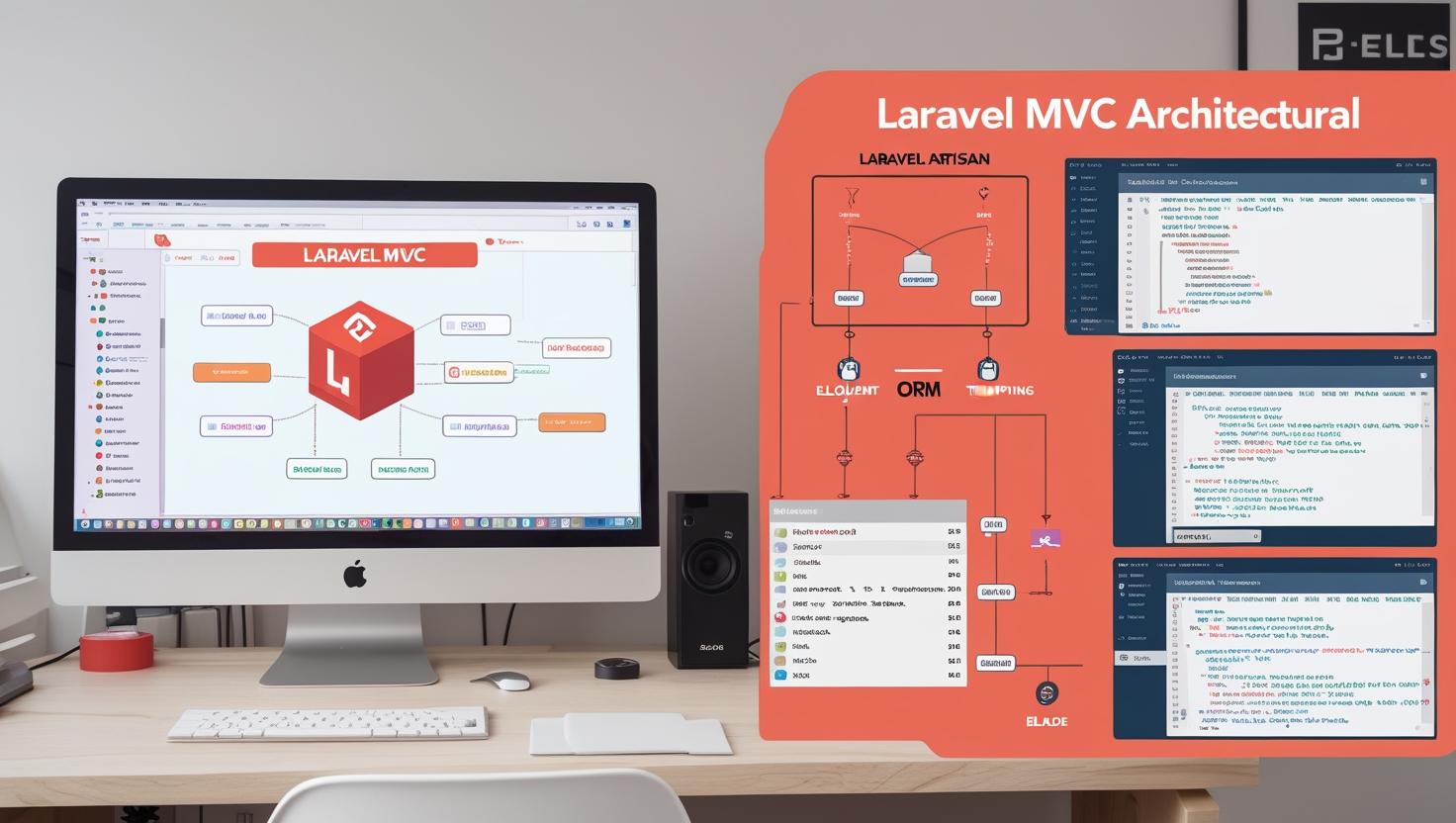Laravel is more than just a PHP framework – it's a robust ecosystem that empowers developers to build modern, secure, and scalable web applications with elegant syntax. Whether you're a beginner or an experienced PHP developer, understanding Laravel’s powerful features can significantly boost your productivity.
In this article, we’ll explore 10 key Laravel features that make it the go-to choice for PHP developers around the world.
1. Elegant Syntax and MVC Architecture
Laravel follows the Model-View-Controller (MVC) architectural pattern, which helps in separating business logic, UI, and data handling. Its clean syntax reduces development time and improves code readability, making collaboration and maintenance easier.
2. Eloquent ORM
Laravel’s Eloquent ORM is one of its most loved features. It allows developers to interact with the database using a simple, expressive syntax. Instead of writing raw SQL queries, you can use fluent model-based queries:
This makes data manipulation and relationships a breeze.
3. Blade Templating Engine
Laravel’s built-in templating engine, Blade, allows you to write clean and reusable HTML with embedded PHP. Blade supports template inheritance and includes helpful control structures like @if, @foreach, and more:
4. Artisan Console
Laravel comes with a powerful CLI tool called Artisan. It helps automate repetitive tasks like creating models, controllers, migrations, and seeding data.
You can even create your own Artisan commands to simplify project-specific workflows.
5. Routing System
Laravel’s routing is expressive and flexible. You can define routes using closures or controllers, apply middleware, group routes, and name them for easier referencing:
6. Built-in Authentication and Authorization
With a single Artisan command, Laravel can scaffold full authentication:
Laravel also provides Gate and Policy classes for granular authorization control.
7. Laravel Sanctum & Passport
If you're building APIs or SPAs (Single Page Applications), Laravel Sanctum and Passport make token-based authentication simple and secure. Sanctum is ideal for lightweight APIs, while Passport is suited for full OAuth2 implementations.
8. Database Migrations and Seeding
Laravel offers version-controlled migrations, which let you define and modify your database structure using PHP instead of SQL.
This enables team collaboration and consistent database structures across environments.
9. Laravel Queue System
Laravel provides a built-in queue system that helps you defer time-consuming tasks like sending emails, processing images, or syncing files to external APIs.
This ensures your app remains responsive and performs efficiently.
10. Laravel Ecosystem and Community
The Laravel ecosystem includes first-party tools like:
-
Laravel Forge (server management)
-
Laravel Vapor (serverless deployment)
-
Laravel Nova (admin panel)
-
Laravel Mix (asset compilation)
-
Laravel Livewire (dynamic components without JS)
The massive Laravel community means you get extensive tutorials, packages, forums, and ongoing support.
Conclusion
Laravel isn't just a PHP framework – it's a complete developer experience. With features like Eloquent ORM, Artisan CLI, Blade templating, built-in auth, and a rich ecosystem, Laravel empowers developers to ship better products faster.
Whether you're building a small blog or a complex SaaS platform, Laravel has the tools and flexibility you need.
You Might Also Like:
